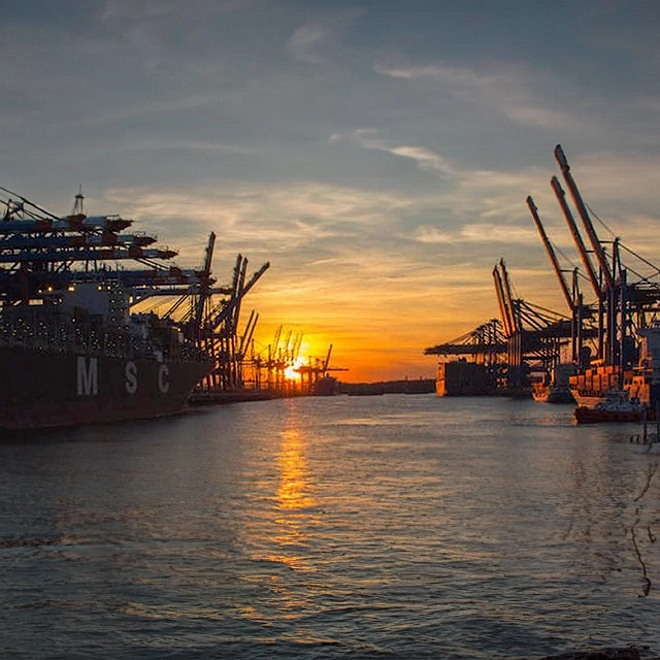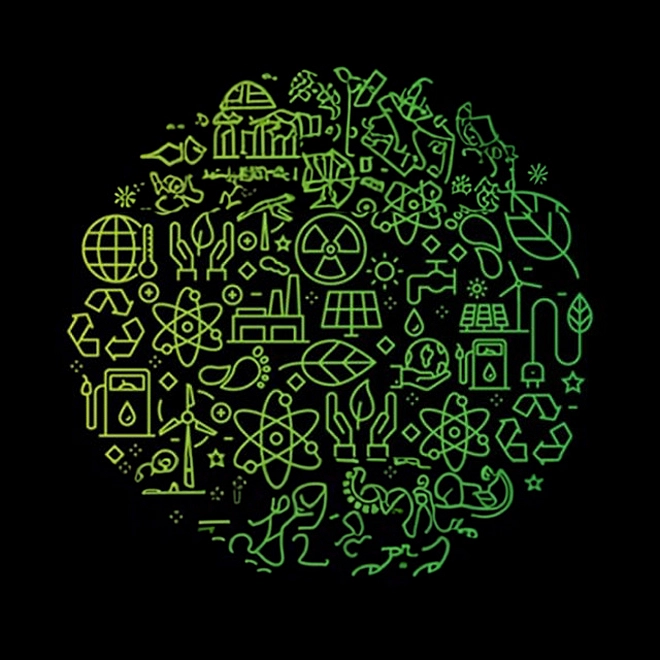The role of clean gas in a climate neutral Belgium, climate change, hydrogen, carbon neutral,
A study by Deloitte and the Federal Public Service (FPS) Economy
Belgium’s climate targets for 2030 and 2050 pose major challenges for the gas sector in the short term. With that in mind, Deloitte and the Federal Public Service (FPS) Economy with support from the cabinet of Federal Minister Van der Straeten have formulated a strategic study.
Launched at a virtual conference on 18 May attended by energy industry stakeholders, CEOs, decision makers, and Minister Van der Straeten, the study provides a frame of reference for the vision for the future and the decisions regarding gas and molecules in the Belgian energy system. The study is based on literature review and extensive energy expert consultation.
While there is no certainty about the outcome, these are some expectations of how the energy transition could unfold, which are detailed in the study.
High-level findings
A transition to climate neutrality by 2050 implies significant changes in the energy system
We expect that molecules and gases will remain relevant because of their unique advantages as feedstock and energy carrier and play a complementary role to electricity. In fact, the gas consumption in the EU is likely to only decrease slightly, however a significant shift in gas mix, hydrogen becoming the dominant energy carrier, and applications is expected. The energy supply in Belgium of electricity and molecules will consist of a combination of local production and import, and depend on large quantities of renewable energy. Next to socio and techno-economical parameters, also political choices will play a role in how our future energy supply will look like.
Gradual replacement of natural gas by climate neutral methane
Natural gas will have a (decreased) role in Belgium until 2050. Currently, we consume about 200 TWh of natural gas in Belgium. We expect natural gas demand in Belgium to decrease to about 10 to 75 TWh by 2050. To achieve climate neutrality bio-/synthetic methane and natural gas and CCS/U will be part of the solution. The use of biomethane is mainly limited by the realistically available potential, a bit more than 10 TWh. Belgium has an extensive and interconnected methane infrastructure, with various import and transit options. The existing infrastructure is clearly a strategic asset which will be partially repurposed towards H2 and CO2.
Development of a hydrogen economy
There is a clear European and international momentum on hydrogen. The European Commission has put forward the EU hydrogen strategy, individual member states make strategic plans and foresee significant investments. Hydrogen and derivatives such as ammonia and methanol are promising energy carriers for the future energy mix with its main applications in industry and heavy transport. We estimate the current use of hydrogen in Belgium at around 15 TWh, mainly in industry. We expect hydrogen demand in Belgium to increase to about 50 to 125 TWh by 2050.
The supply of hydrogen will be diversified through local production and import of green hydrogen (and derivatives). The hydrogen infrastructure will be developed gradually, starting with industrial clusters being connected in the coming decade, followed by interconnections (transit) and import capacity.
Many Belgian companies play a role in the hydrogen ecosystem and value chain, and are well placed to capture the economic opportunity the hydrogen economy offers.
There is a need for a flanking CO2 policy and accompanying CO2 infrastructure
A CO2 infrastructure will be a crucial enabler to achieve short-term CO2 reductions and will evolve over time from a linear (CCS) to circular model (CCU) as of 2035.
Policy recommendations
Building on literature review, expert consultation, and discussions with stakeholders, the study identifies recommendations in the following areas:
- General policy
The first recommendation is to carry out a stable, feasible and coherent long term gas vision that responds dynamically to technological developments. - Energy supply and international positioning
Second, the study recommends positioning Belgium as an international hub for a market of hydrogen and other climate neutral energy carriers. The ports, having the necessary experience and infrastructure to receive the energy carriers in a safely manner, can play an important role in this regard.
To ensure sufficient import capacity, it is equally important to conclude bilateral cooperation agreements for the import of molecules, “shipping the sun”, if possible in a European context, with countries where there is a surplus renewable energy available at competitive prices. - Infrastructure
The study recommends to gradually develop a legislative framework for anopen-access hydrogen infrastructure, to regulate the transportation of hydrogen via pipelines, in line with the gradual increase in demand for hydrogen.
In addition, the study includes recommendations inter alia regarding amulti-annual infrastructure programme and interconnections with neighboringcountries via cross-border hydrogen infrastructure.
As regards CO2, the study recommends to prepare a regulatory framework withgeneral safety guidelines, as well as to achieve clarity on the division ofpowers between the federal government and the regions. Specifically regardingcarbon storage, it should be examined how we can ensure sufficient storagecapacity, for example by concluding agreements with the Netherlands and Norway. - Facilitating market development
Finally, the study includes several recommendations to facilitate market development. These recommendations include establishing a structured dialogue between the federal government and the regions, ensuring the traceability of renewable and climate neutral gas, maximising the use of EU support measures and exploring, together with the Regions, financial incentives to bridge the gap of new technologies with less sustainable alternatives.

